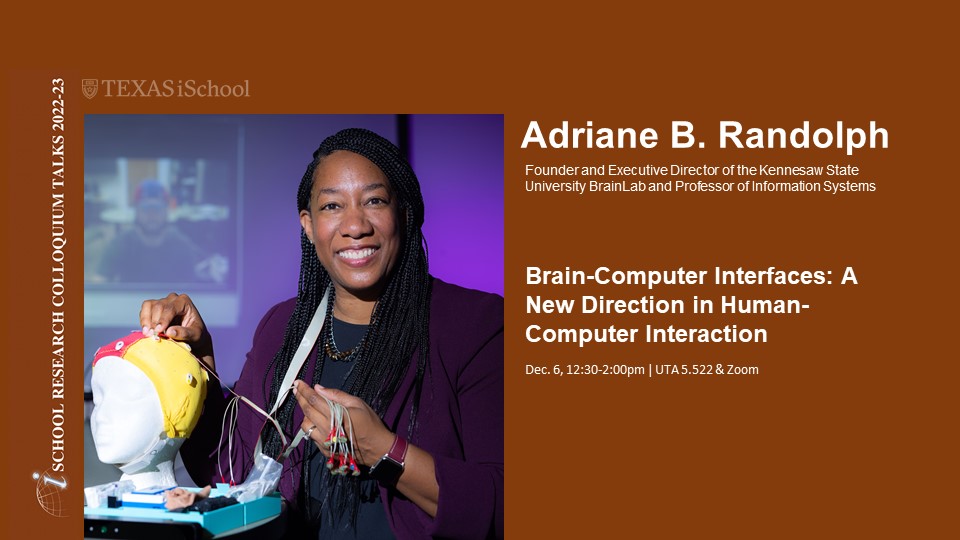
Abstract: Brain-computer interfaces (BCIs) provide non-traditional assistance for controlling computers using neural input. They provide users with capabilities for communication and control of environmental, navigational, and prosthetic devices. Research in the field of BCIs spans several disciplines including computer science, various areas of engineering, cognitive psychology, neuroscience, and information systems, all working to discover the most appropriate alternatives for users with severe motor disabilities and breakthrough devices for use by able-bodied individuals. Brain-computer interface researchers incorporate brain imaging and signal acquisition techniques long-used in clinical and medical settings to explore the use of BCIs in real-world settings. Most applications target disabled users who are cognitively intact but have such severely limited mobility that system input through physical movement (using a keyboard, mouse, joystick, switches, or eye-gaze devices) is infeasible. This talk provides a basis for understanding BCIs and overlapping concepts with the field of human-computer interaction through exemplar work at the Kennesaw State University BrainLab.
Bio: Dr. Adriane B. Randolph is a tenured, Full Professor of Information Systems at Kennesaw State University in the Michael J. Coles College of Business. She is also the Founder and Executive Director of the BrainLab, an innovative, research-based enterprise that combines cognitive neuroscience tools with cutting-edge applications in information systems. The BrainLab has garnered international credibility through her efforts in establishing one of the first neurophysiologically-based research labs within a business college in the world and helping champion what is now the recognized sub-field of neuro-information systems. Dr. Randolph’s research focuses on the design and application of brain-computer interface systems which allow for non-muscularly controlled assistive technologies and reflect varying human mental states. Through the BrainLab, she is working to discover impactful solutions for brain-computer interfaces by uncovering the underlying characteristics that affect users’ control and cognitive performance. The BrainLab at Kennesaw State University was founded in 2007 with three major goals in mind: to understand an individual’s control of brain-based devices, to design devices that improve quality of life, and to assess the usefulness of brain-based applications in organizational settings. Over the past two decades, Dr. Randolph has undertaken numerous projects in the areas of neural processing with brain-computer interfaces, neuromarketing, and neuro-education. She has secured over $1.5 million in federal and private funding and pursued a related patent.

